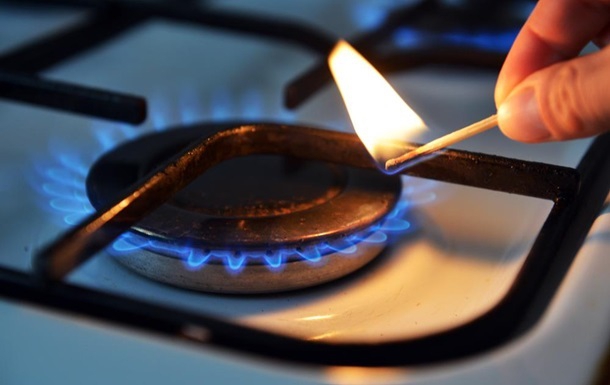The law does not specify what data will be used in gas bills: expert
To calculate gas volumes in energy units, meter readings will be multiplied by the averaged values of higher heat of gas combustion for the gas route
The Verkhovna Rada has passed a law stating that beginning from May 2022, every gas consumer will be receiving gas bills in kilowatt-hours (kWh), in addition to cubic meters. Meter readings will be multiplied by the averaged values of higher heat of gas combustion for the route by which gas was delivered to a household.
As previously reported by Ukrainian Energy, calculation of gas volumes in energy units is a commonplace practice in almost the entire world. Consumers pay only for the quantity of energy they consumed, not for the gas volume.
Experts believe that this change will simplify transactions of traders (including Naftogaz), which operate according to EU rules and buy European gas measured in kWh (MWh), and then, supply it to Ukrainians.
“With the transition to energy units, imbalances occurring because of incorrect calculations when converting kWh into cubic meters will decrease. Business will be easier for companies using the gas transmission system and storage reservoirs for gas transmission and storage operations,” DiXi Group expert Viktoria Tkachuk commented on the legislative innovations.
However, she believes that in this situation, it will be more difficult for consumers to comprehend the bills. The law does not clearly specify what data will be used as weighted average for recalculation of consumer bills. Apparently, the solution must be suggested by the energy regulator (NEURC).
“Gas-DSOs, which will be responsible for converting indicators in bills, will be deciding themselves where and when to provide information about how they calculated the coefficient: “weighted average higher heat of combustion.” This information can be provided in the consumer’s personal account section, or as a link to the webpage of the gas-DSO or Gas TSO Ukraine. The only required information in bills will be the amount of gas consumption in energy (kWh) and volume (cu. m) units,” Viktoria Tkachuk explains the situation with data. “Presently, information about energy characteristics of gas is provided by gas-DSOs, but only for certain points of their networks and on certain days of sampling gas for analysis. For example, 6 cubic meters of gas in different parts of Kyiv’s gas network could produce between 63.87 and 63.66 kWh of energy as of 8 November. On the other hand, the gas-TSO provides information about the weighted average heat of gas combustion in a quite detailed form, but only at the gas transmission system’s outlets, i.e., at the points of entering distribution networks. Therefore, these very 6 cubic meters of gas could yield 63.54 to 63.96 kWh of energy for Kyiv as of October.”
In addition, there is a question of the range in which the calorific value will fluctuate, the expert says. Considering the quite high indicators of gas quality in Ukraine versus the neighboring states and the quite high maximum of higher heat of combustion (some 13.44 kWh/cu. m), she does not rule out the risk of rising gas price under the new metering system with the consumption volume remaining the same.
Resolution of numerous issues depends on further development of regulatory acts, such as the draft technical regulation on natural gas and changes in the methodology of calculating natural gas distribution tariffs, by the NEURC.
The expert points out that problematic situations must be prevented and consumers must be properly informed in order to avoid repetition of scandals and protests concerning the practice of charging the “temperature coefficients.”
As before, consumers will be able to request a check of pressure and quality indicators of gas. However, complaints and requests for checks will, probably, have to be placed with the State Service for Food Safety and Consumer Protection.
Diversification of electricity imports is extremely weak, which translates into significant vulnerability and dependence on virtually the only supplier, DiXi Group expert Bohdan Serebrennikov believes.









